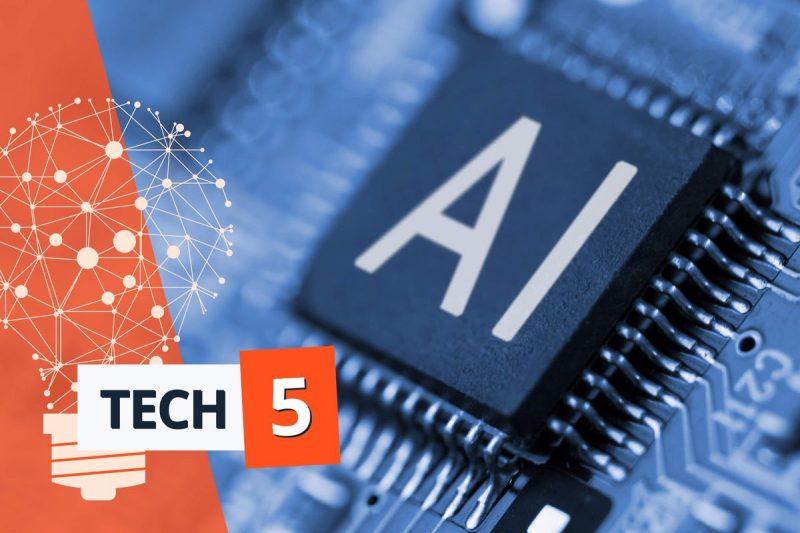In recent technological news, two major developments have taken place that shed light on the evolution of artificial intelligence and the legal landscape surrounding tech giants. OpenAI, a leading organization in the field of AI research, has made waves by releasing its latest innovation, the Reasoning AI model. Concurrently, Google finds itself embroiled in a legal battle as it faces an antitrust case that could have far-reaching implications for the tech industry.
OpenAI’s Reasoning AI model marks a significant advancement in the capabilities of artificial intelligence systems. This new model aims to enhance AI’s ability to engage in logical reasoning and sophisticated problem-solving. By leveraging advanced algorithms and deep learning techniques, the Reasoning AI model can process complex information, draw inferences, and make decisions autonomously. This breakthrough has the potential to revolutionize various industries, from healthcare to finance, by enabling AI systems to perform tasks that were once deemed beyond their reach.
On the legal front, Google is grappling with a high-profile antitrust case that accuses the tech giant of engaging in anti-competitive practices. The case alleges that Google has used its dominant position in the market to stifle competition and maintain its monopoly over key services, such as online search and digital advertising. If found guilty, Google could face significant fines and be compelled to change its business practices, potentially reshaping the competitive landscape of the tech industry.
The convergence of these two developments underscores the complex and evolving nature of the tech industry. As AI technologies advance rapidly, ethical considerations surrounding their use and potential regulatory challenges come to the forefront. Similarly, the legal scrutiny faced by tech giants like Google serves as a reminder of the need for greater accountability and transparency in the digital age.
In conclusion, the release of OpenAI’s Reasoning AI model and Google’s antitrust case highlight the multifaceted challenges and opportunities shaping the tech sector. As these developments unfold, it is essential for industry stakeholders, policymakers, and the public to engage in thoughtful discussions on how best to harness the potential of AI while ensuring fair competition and consumer protection in the digital economy.



























